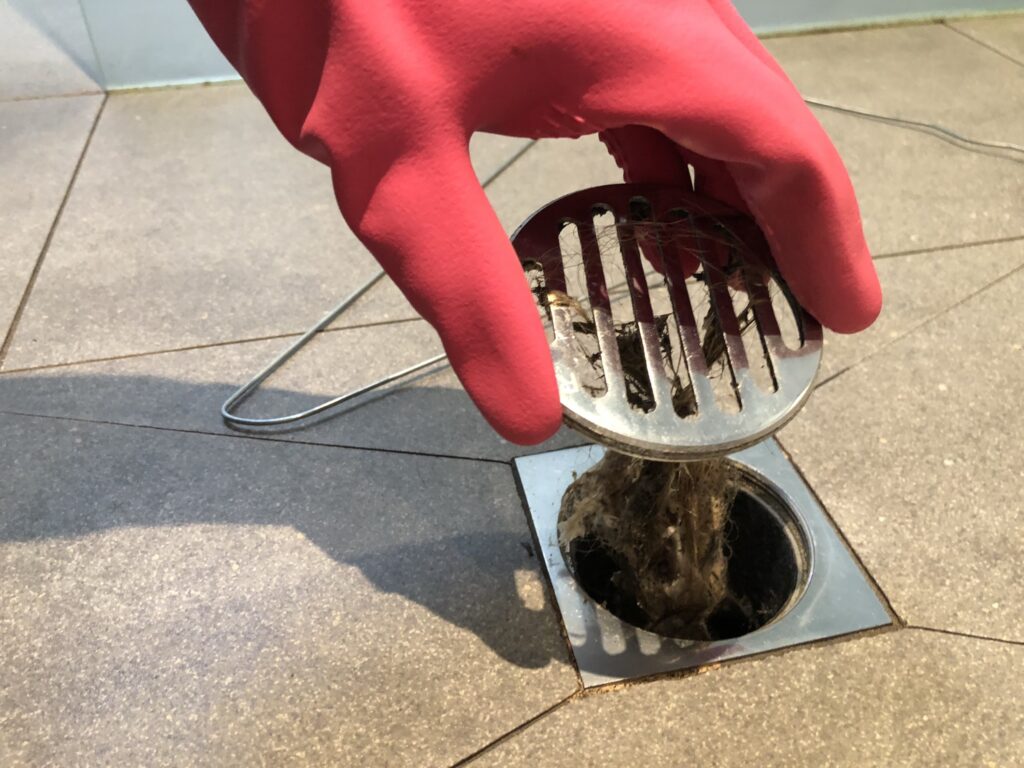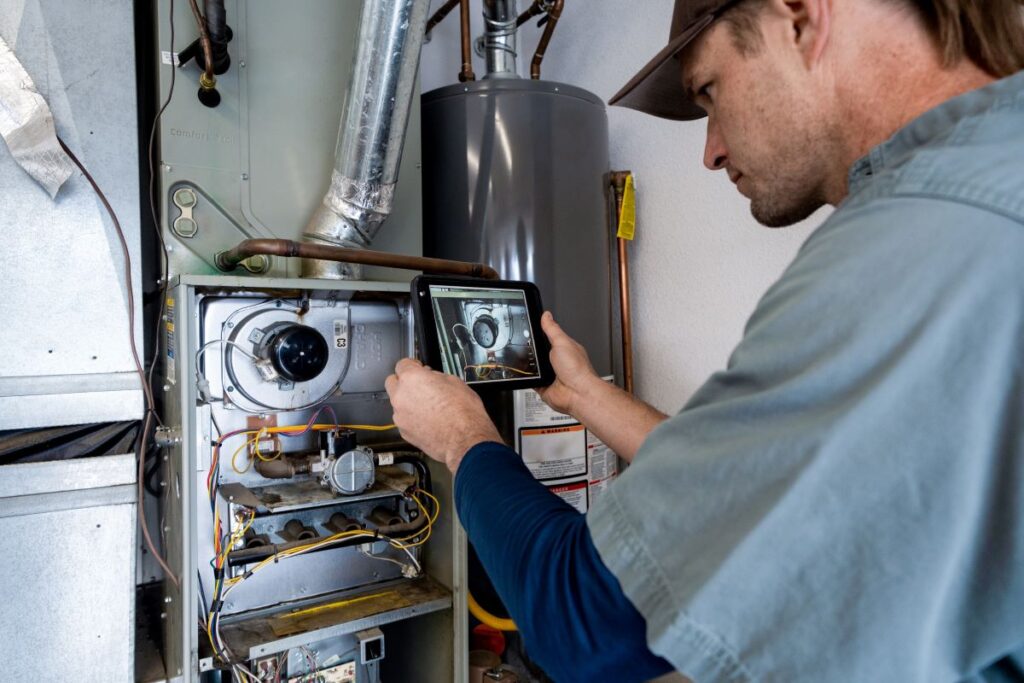When it comes to installing a water heater for your home, there are two main options: tank or tankless. And you may wonder, is one better than the other? Ultimately that depends on your specific needs and preferences. This blog post will compare a tankless water heater vs tank and help you decide which is the best option for you!
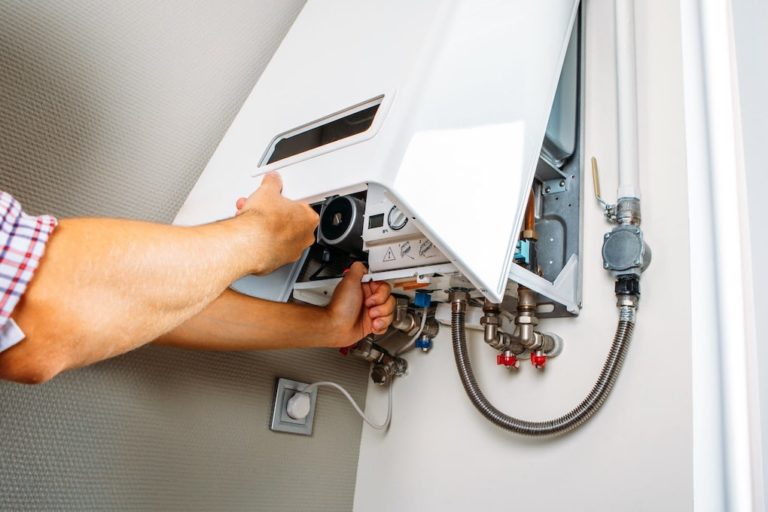
What is the Purpose of a Water Heater?
Before we get into tank vs. tankless water heaters, it’s essential to understand the purpose of a water heater. A water heater is an appliance that uses either natural gas, electricity, or propane to heat water and store it in a tank. This way, you always have hot water readily available when you need it— cause nobody likes a cold shower. Water heaters will also ensure all your bathroom and kitchen sinks have hot water so you can wash your hands and face and wash your dishes.
Some homeowners may wonder if their boiler and water heater do the same thing. They don’t. A boiler uses hot water to heat your home. This is applicable in homes that utilize radiator or baseboard heat. On the other hand, your water heater ensures hot water can run from your faucets and showerheads.
5 Types of Water Heaters Compared
There are a few different types of water heaters, including:
-
conventional
-
tankless
-
heat pump
-
condensing
-
solar
Conventional Water Heaters
Conventional water heaters are probably the ones you’re most familiar with. They include a tank that can hold anywhere from 20 to 50 gallons, depending on the size of your household and how much water you might use. But tankless, heat pump, condensing, and solar water heaters are also very viable options.
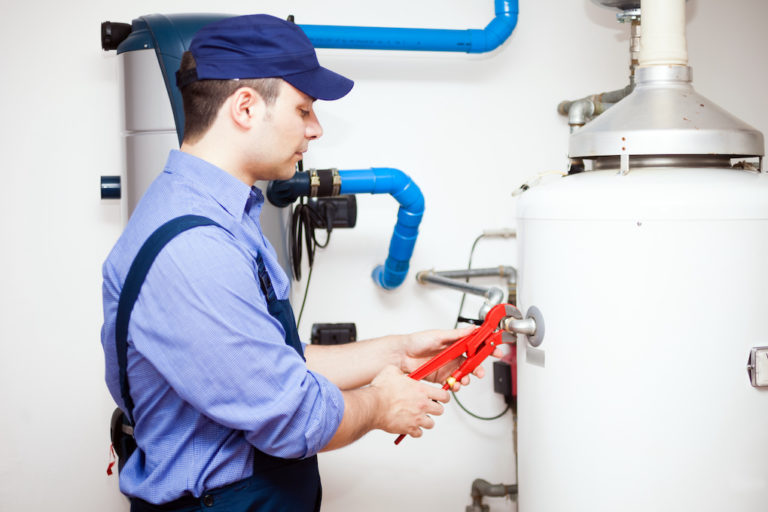
Heat Pump Water Heaters
Heat pump water heaters are actually the most energy-efficient type of electric water heater. They use electricity to move heat from one place to another instead of generating heat directly.
Tankless Water Heaters
Tankless water heaters are also a very popular option for many homeowners. Tankless or on-demand water heaters do not have a tank that stores hot water. Instead, they heat water as you need it. Tankless water heaters are very energy-efficient because they only heat water when you need it instead of continuously heating and reheating a tank of water.
Solar Water Heaters
Solar water heaters use the sun’s energy to generate heat, then heat up the water in a tank. Solar-powered tankless water heaters are also available—these work by using the sun’s energy to heat water on demand. Solar water heaters are an excellent option for people looking for an environmentally friendly and efficient way to heat their water.
Condensing Water Heaters
Condensing water heaters are very similar to standard water heaters in that they store water in a tank and use the same technology to heat the water. However, they work differently in that they use the hot exhaust gasses from a natural gas or propane burner to heat up the water. Condensing water heaters are very energy-efficient because they transfer more of the heated water to your home than a standard storage-tank water heater, reducing wasted heat usage.
Now that we’ve gone over the different types of water heaters, let’s compare the two most commonly installed water hearts: tank and tankless water heaters.
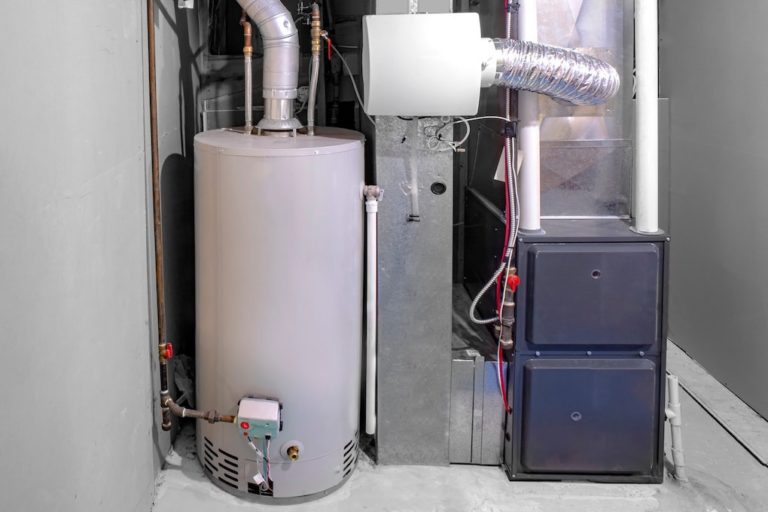
Tankless Water Heater vs Tank: Which is Better?
One is not necessarily better than the other, but you may greatly prefer one over the other depending on your budget, needs, and water usage. But first, weighing the pros and cons of a tank vs. tankless water heater can help you make a much more informed decision.
Tank Storage Water Heaters (Pros and Cons)
Conventional tank storage water heaters are used in the majority of homes today. They are affordable to replace, easy to maintain, and readily available— plus, most plumbers can install them quickly and easily without additional training. But while no applicant is 100% perfect, there are equal parts, good and bad, with a conventional tank water heater.
Pros:
-
They are relatively affordable, having a lower initial cost than most other types.
-
They are straightforward and user-friendly.
-
Repairs cost less than most other types of water heaters
-
Easy to install— just about any plumber can install a standard tank storage water heater without additional training
-
Very easy to maintain
Cons:
-
They are not very energy-efficient and can produce high utility bills
-
If your water heater is in a cold basement, it will need to work extra hard to heat or re-heat your water, causing higher energy bills.
-
They take up more space than tankless water heaters
-
They can “run out” of hot water. If you have a large family taking shower after a shower in the morning, the last person will likely have a cold water temperature.
-
They only last 8-12 years and need to be replaced more often than tankless
-
They can collect sediment that makes them run less efficiently
So while tank storage water heaters remain the most commonly installed, when you consider their benefits vs. downfalls, you may see why tankless water heaters seem to be a more viable option. But let’s see why.
Tankless Water Heaters (Pros and Cons)
Tankless water heaters do not store water in a large tank. Instead, they heat water as you need it via a wall-mounted box. Tankless water heaters are very energy-efficient because they only heat water on demand instead of continuously heating and reheating a tank of water.
Pros:
-
They have a much longer lifespan than tank storage— lasting 20-30 years with proper maintenance!
-
They are very energy-efficient— tankless water heaters can save you up to 40% on your energy bills.
-
They take up much less space than tank storage water heaters
-
You never “run out” of hot water with a tankless unit
-
They provide an endless supply of hot water
-
They provide faster hot water than a storage-tank system, so you won’t be waiting for it to heat up at the faucet
Cons:
-
The upfront cost is higher than tank storage— but tankless water heaters last much longer, so you even out in the long run
-
They require more maintenance than tank storage— but this is typically just an annual flush to remove any built-up sediment.
-
Areas with hard water can lessen their lifespan. Consider getting a water filter and placing it before the tankless heater to remove some of that harsh mineral water.
-
It may need to be retrofitted, so that can cost more in labor and installation.
-
They can struggle to keep water hot if you’re doing two things at once: taking a shower and doing laundry, for example.
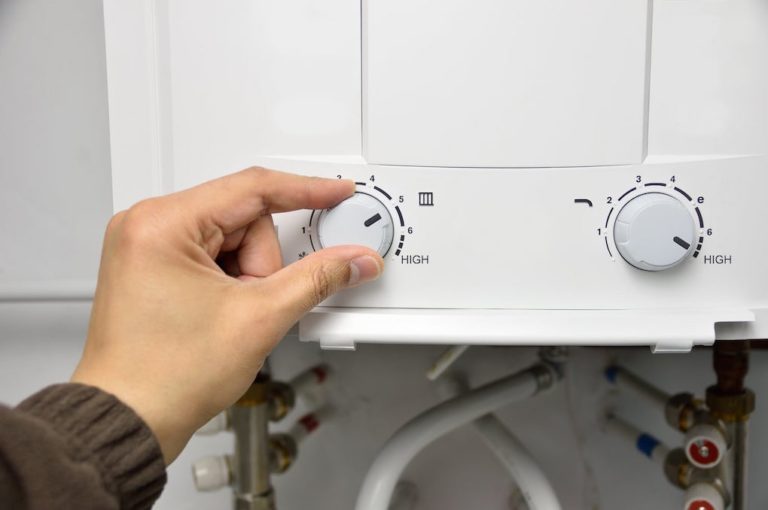
Factors to Consider Before Installing a New Water Heater
Now that we’ve laid out the similarities and differences between tank and tankless water heaters before you take the plunge, either way, consider the following factors:
-
How much space do you have for a water heater? Tank storage takes up more space (4 cubic feet) than a tankless water heater (wall-mounted) but may be a better option if you don’t have a proper space on the wall for one. However, if you have a small utility closet that could be better utilized for storage, consider replacing your tank water heater with a tankless for that vital floor space.
-
What is your budget? Short-term and long-term? Because tank water heaters cost much less, they can be perfect if you’re in a bind and need a replacement right away. However, a tankless water system can be your best option for an immediate investment that saves more money in the long run.
-
How much water does your household use? If you’re just a couple living in a small home, you can get by with a 20-30 gallon water tank. Meanwhile, a family of 4-6 may need something closer to 50, 60, or even 80 gallons. This is something your local professional can help you assess.
-
Do you live in an area with hard water? As we mentioned, tankless heaters can have a shorter lifespan if they’re constantly heating hard water. If this is the case for your home, consider getting a whole-house water filter to place in front of your tankless system to pre-filter the harsh water before it enters and corrodes your tankless heater.
At this point, hopefully, you’ve gathered enough information to determine which route you want to go. Even if you have, it’s always best to discuss all of your options with a professional plumber like 4Front Energy. You can’t beat their expertise when it comes to choosing the best water heater option for your home.
Choose 4Front Energy For Your Water Heater Installation
If you require professional, reliable water heater installation, 4Front Energy has got you covered. Not only do we provide tank and tankless water heater installation and replacement services, but we excel in every other plumbing service under the sun. We can even help with your next bathroom or kitchen remodel.
We love helping homeowners get the best possible plumbing solutions for their needs and budget. Just reach out to us to get started on your quick and easy water heater installation.


